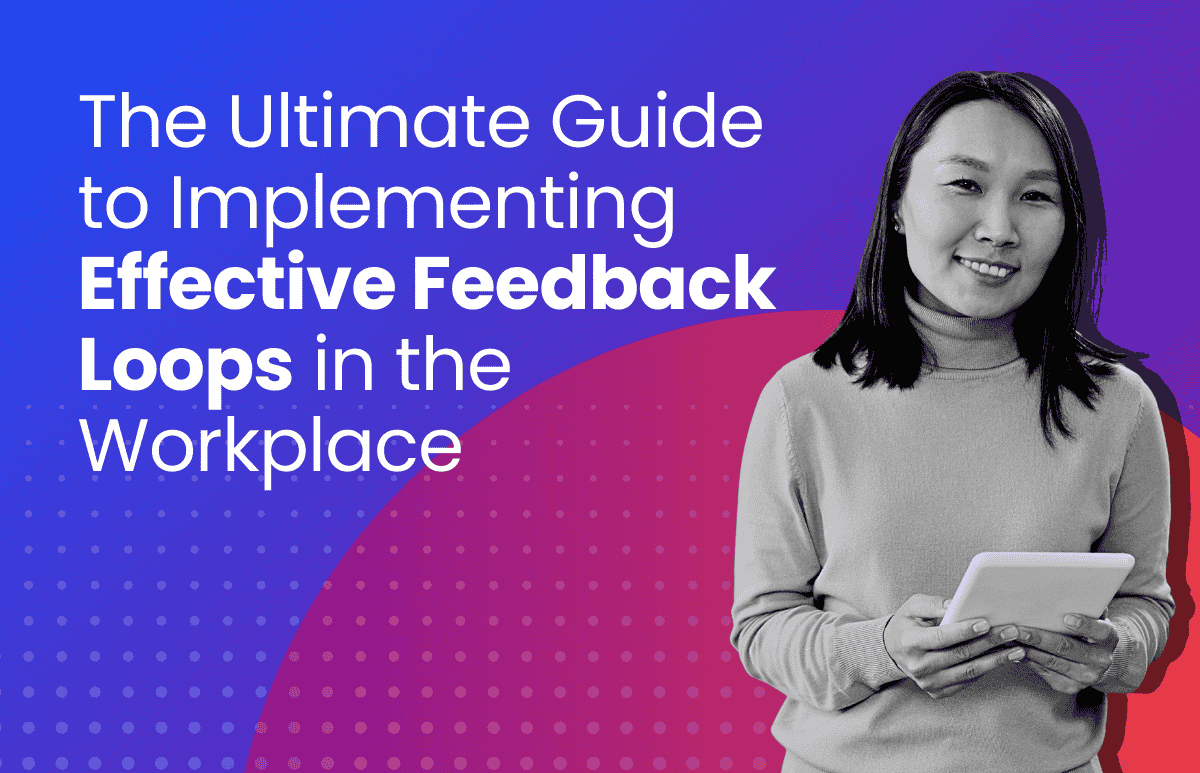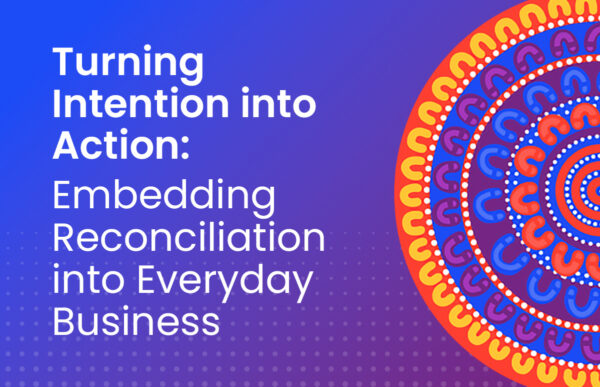Designing a Future-Proof Compensation Strategy
Workplaces are rapidly changing due to automation, globalisation, and increasing talent expectations.

Traditional, rigid compensation strategies are failing to meet these new demands, risking talent loss and reduced engagement. Organisations can successfully navigate this shift by using a flexible compensation strategy. This strategy should meet the changing needs of businesses and employees.
This strategy, which focuses on flexibility and designing attractive compensation packages, is crucial for attracting and retaining talent. Ditch the manual process and embrace the technology! This compensation approach is a future-proof investment.
Key considerations for future-proofing your compensation strategy
Organisational alignment
Before you start building your future-proof compensation package, a solid foundation is crucial. This foundation is organisational alignment, ensuring your compensation strategy directly supports your business goals and talent needs.

1. Understanding business goals & talent needs:
It all starts with asking the right questions:
- What are your key business objectives? Are you aiming for rapid growth, market share expansion, or cost optimisation?
- Are there any specific roles you’re looking to fill in the near future? Do you need to attract tech wizards, marketing mavericks, or customer service champions?
- What skills are critical for success in your organisation? Think technical expertise, soft skills, and industry-specific knowledge.
By actively engaging key stakeholders across departments, you’ll gain valuable insights. Look beyond immediate needs and consider trends, emerging technologies, and potential challenges down the road.
2. Identifying critical roles & skills:
Not all roles are created equal in terms of impact and strategic importance. Conduct a talent segmentation exercise to identify critical roles that directly drive business success. Analyse skill requirements for these roles, considering both current needs and future trends.
Skills and abilities need updating. Analyse skills gaps to determine where your employees need training to stay ahead.
3. Defining compensation philosophy:
Your compensation philosophy sets the guiding principles for attracting, retaining, and motivating your talent. It should reflect your company’s values and strategic priorities.
Common philosophies include:
- Market-based: Offering competitive salaries aligned with industry benchmarks.
- Performance-based: Emphasising rewards linked to individual and team achievements.
- Competency-based: Rewarding based on specific skills and expertise.
- Total rewards: Recognising contributions beyond just salary, like benefits, career development, and work-life balance offerings.
Market competition

Equipped with the tools to stay ahead of the curve and win the hearts (and minds) of top talent.
1. Conducting salary benchmarking:
It involves comparing your compensation data with similar companies in your industry and geographic region. This provides valuable insights into average salaries, pay ranges, and bonus structures for specific roles.
Several resources can help you benchmark effectively:
- Professional compensation surveys: These provide industry-wide data on salaries and benefits.
- Online platforms and tools: Many offer interactive data research and comparison features.
- Networking and professional associations: Connect with HR professionals in your industry and exchange insights.
Benchmarking is just one piece of the puzzle. Consider internal factors like performance, experience, and cost of living to create a truly competitive offer.
2. Staying ahead of industry trends:
Staying ahead of trends means being proactive and forward-thinking.
- Track industry publications and reports to identify emerging trends in talent acquisition and compensation.
- Participate in industry conferences and events to network with experts and gain insights into best practices.
- Conduct internal surveys and focus groups to understand employee expectations and emerging skills in demand.
Knowing what skills will be in demand lets you offer competitive compensation and attract the best.
3. Considering cost-of-living adjustments:
Recognising differences in cost of living is crucial for offering fair and competitive compensation across regions.
- Utilise cost-of-living calculators to adjust salary offers based on location.
- Consider offering variable benefits packages that cater to diverse needs and living expenses.
- Be transparent about how cost-of-living adjustments are factored into compensation decisions.
Employee experience

Organisations need to understand that compensation is about the entire employee experience. The sum of all the interactions, benefits, and opportunities that shape an employee’s journey with your company.
1. Offering a total rewards package:
Think beyond the paycheck and craft a holistic rewards package that caters to diverse needs and aspirations. This includes:
- Benefits: Paid time off, parental leave, and more.
- Wellness initiatives: Programs that promote physical and mental well-being, like gym memberships, mindfulness workshops, and flexible work arrangements.
- Professional development: Opportunities for learning, upskilling, and career advancement.
- Recognition and appreciation: Programs that acknowledge individual and team contributions, fostering a sense of belonging and value.
More than just pay, good benefits show you invest in your employees’ well-being and future.
2. Emphasising work-life balance:
The lines between work and personal life are blurred, and employees crave flexibility and well-being. Offer:
- Flexible work arrangements: Remote work options, compressed workweeks, and flexible start and finish times.
- Generous paid time off: Encourage employees to disconnect and recharge, fostering engagement and productivity.
- Family-friendly policies: Childcare support, parental leave options, and other initiatives that support work-life harmony.
When you help employees balance work and life, they stick around longer and feel less stressed.
Deloitte’s survey finding: 70% of companies lack skilled workers. Employees value meaningful work, well-being, development, and pay.
3. Recognising and rewarding diverse contributions:
One size doesn’t fit all, and neither should your recognition and reward strategies. Celebrate and reward diverse contributions in various ways:
- Performance-based incentives: Go beyond traditional metrics and recognise contributions tied to innovation, teamwork, and problem-solving.
- Peer-to-peer recognition programs: Allow employees to acknowledge each other’s achievements, fostering a supportive and collaborative environment.
- Individualised rewards: Offer choices tailored to employee preferences, from additional time off to training opportunities.
Building the future-proof compensation package
Strategies for specifying your reward offerings

Let’s delve into strategies that will make your reward offerings shine:
1. Personalisation and adaptation:
Move beyond the one-size-fits-all approach and embrace individuality. Allow employees to customise their benefits packages based on their unique needs and preferences. Offer choices in healthcare plans, paid time off options, or even learning and development opportunities. Personalisation shows you value your employees as individuals, fostering loyalty and engagement.
2. Skill-based pay and career development incentives:
Reward what truly matters: skills and expertise. Implement skill-based pay structures that compensate employees based on their demonstrably valuable skills, regardless of job titles. Additionally, offers career development incentives like tuition reimbursement or mentorship programs, attracting and retaining talent with an eye on continuous growth.
3. Performance-based recognition and rewards:
Go beyond traditional performance reviews and embrace a culture of ongoing recognition. Implement real-time recognition programs that acknowledge achievements promptly and publicly. Offer performance-based rewards that motivate exceeding expectations, motivating employees to strive for excellence. Remember, appreciation goes a long way in boosting morale and driving results.
4. Social impact and purpose-driven benefits:
Stand out by providing social impact benefits, such as volunteer days, matching donations, or partnerships with conservation initiatives. Pay and benefits that reflect your values attract people who share your mission, creating a work environment with purpose.
Tools and technologies for effective compensation management

Technology makes managing pay easier than ever, so you can spend more time attracting and keeping the best. Let’s explore three key tech heroes:
Remuneration software can streamline and automate various aspects of your compensation management process, offering advantages over manual calculations and spreadsheets. Here are some key benefits:
- Increased accuracy and efficiency.
- Reduced administrative burden.
- Improved compliance with regulations.
- Greater transparency and communication with employees.
- Data-driven decision-making.
2. Performance management software:
Performance shouldn’t exist in a vacuum. These systems help you:
- Set clear performance goals and expectations: Align individual goals with organisational objectives.
- Track employee progress and provide feedback: Offer continuous feedback and coaching opportunities.
- Link performance to rewards and recognition: Reward high performers and motivate desired behaviours.
By connecting performance and compensation, you create a motivating loop that drives productivity and achievement.
3. Rewards and recognition platform:
Recognition is a powerful motivator, and these platforms make it easier than ever. They allow you to:
- Publicly acknowledge individual and team contributions: Foster a culture of appreciation and belonging.
- Offer personalised rewards: Cater to diverse preferences with a variety of reward options.
- Track and measure the impact of recognition programs: Gauge their effectiveness and make adjustments as needed.
Key takeaways
Smart pay keeps top talent happy, working hard, and saving you money, all while setting you up for future success. However, traditional approaches are struggling to keep pace with the rapidly evolving world of work.
Organisations thrive on self-evaluation, clear goals, strong foundations (like market focus and happy employees), and constant learning. This is not a sprint but a marathon focused on learning and adapting.
So, are you ready to take the first step towards a brighter future for your organisation and your employees? Build a compensation strategy that truly stands the test of time!
 HR Core
HR Core 









